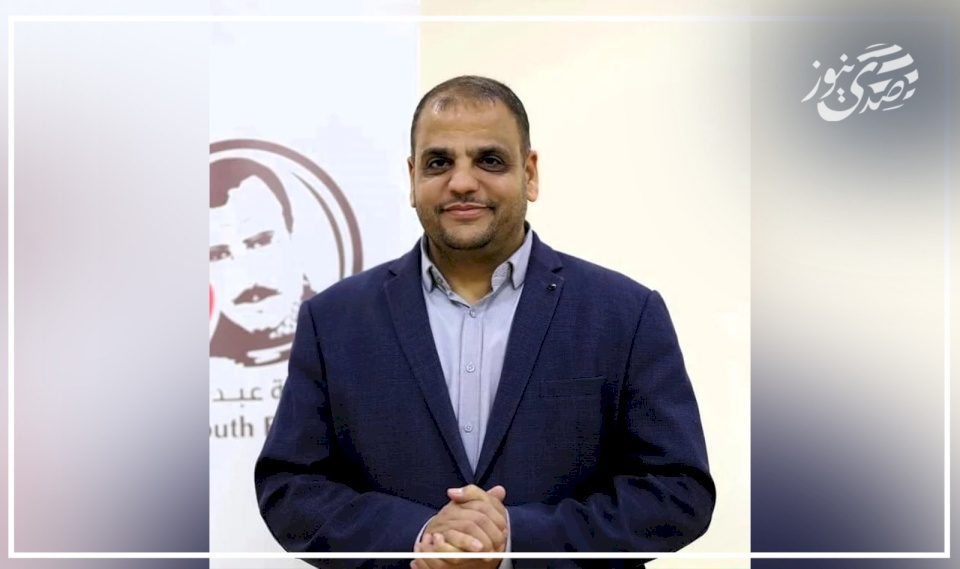
A Vision Towards Liberation from the Constraints of Clearance
Expert in Public Finance
The Israeli government is pursuing a strategy based on economically suffocating the Palestinian National Authority and the Palestinian people, by employing various tools, the most significant of which is clearance revenues, through seizure and deduction, over the past years. However, the dramatic and dangerous development occurred in mid-2025, when the right-wing Israeli Finance Minister "Smotrich" halted the transfer of all clearance revenues and retained them entirely, which led to a loss of (68%) of the public treasury's revenues. The withheld clearance funds with Israel amounted to approximately (13) billion shekels, negatively impacting the locally collected revenues from local taxes and various fees due to the contraction of the economy. This plunged the Palestinian Authority into a financial crisis that is the deepest since its establishment, as clearance revenues are the governing factor in Palestinian revenues. Consequently, this adversely affected the Palestinian Authority's ability to meet its obligations towards public employees, suppliers, and providing services to citizens.
Simultaneously, Israel also employed additional tools to suffocate the Palestinian economy, including the crisis of currency congestion, closing the Israeli market to Palestinian workers for more than two years, threatening to sever banking relations, a comprehensive blockade on all Palestinian villages and cities through gate policies, obstructing trade movement, and others. Despite the launch of the emergency fund to support the public budget, its impact remains limited, especially as the amounts pledged by countries are very minimal, and it is unclear how periodic or continuous these funds will be.
Therefore, there is no relief from the financial crisis without solutions to the clearance issue and the necessity to liberate from its constraints. Thus, there is a need to work at all levels (international/legal/diplomatic/local) towards substantive solutions for the clearance issue, as it is a sword hanging over the necks of the Palestinian people and an Israeli strategic tool to undermine the Palestinian entity through economic suffocation. This can be achieved by leveraging international support, the momentum from the New York conference on the two-state solution, and the outcomes of the donors' conference led by Saudi Arabia and France, which for the first time included a commitment to review the Paris Economic Protocol regulating the financial relationship between the Palestinian Authority and Israel and establish a new framework for transferring clearance funds. Therefore, we must build on this announcement and invest in the international momentum to work on solutions for the clearance issue before it cools off, through calls to review the Paris Economic Protocol and establish a new economic relationship framework between the Palestinian National Authority and Israel, through two lines of action:
• In the short term: Assigning states to manage the clearance file, either fully or partially, by following its various procedures, especially with the digital transformation within it, and launching a joint computerized program in 2022 to manage the clearance, and working to ensure the transfer of clearance revenues, along with an interim move to direct some tax collections, such as the "excise" tax on fuel, to the Palestinian Ministry of Finance.
• In the long term: Transferring customs authority to the Palestinian Authority through a "dry port," with the Palestinian Ministry of Finance managing it and its customs procedures, whether inside Palestinian territories or in collaboration with neighboring countries, thereby granting the Palestinian Authority direct customs clearance powers.
At the local level, there is a need to enhance the productive base, through a package of incentives for the private sector and business establishments to recover from the effects of the war, especially for small and micro business establishments, and investing in agricultural and industrial sectors to replace imported goods with Palestinian products, to maximize local revenues and reduce reliance on clearance revenues, as well as its role in alleviating unemployment rates and revitalizing the economic cycle. Additionally, there is a necessity to invest in the digital economy and alternative energy, which will also enhance the liberation from the constraints of clearance.
In conclusion, even if the proposed solutions seem difficult to implement, especially under the current Israeli government, maintaining the status quo is more dangerous. Thus, addressing the economic engagement is a top priority, and there is a necessity to launch a participatory national Palestinian strategy, investing in the solidarity with the Palestinian people, recognizing the Palestinian state by countries, and the global official and grassroots momentum supporting the Palestinian cause, towards working on liberation from the constraints of clearance. Without clearance revenues, the financial crisis will not end, and the flexibility of the Palestinian Authority to meet the needs of citizens and basic services will narrow day by day.

Between "Here is Jerusalem" and "Here is Gaza" ... The Voice of a Nation and the Steadfast...

While some count the boos, Palestinians count their martyrs.. Paradoxes of the internation...

When the Palestinian Issue is Reduced to Gaza Management

Legally Licensed Occupation

The Absence of the Palestinian Representation and the Bet on Time

Palestine: When the Criminal is Declared a 'Peace Maker'

Don't Blame the Palestinian People for the Failures of Your Regimes and Ideologies

